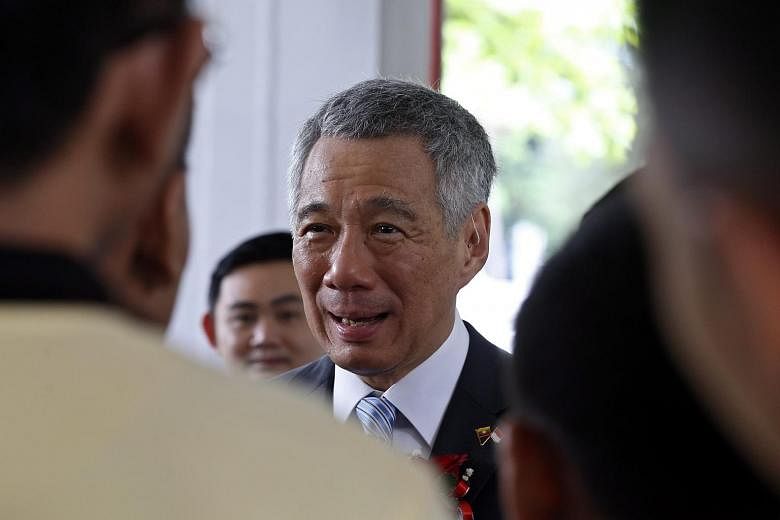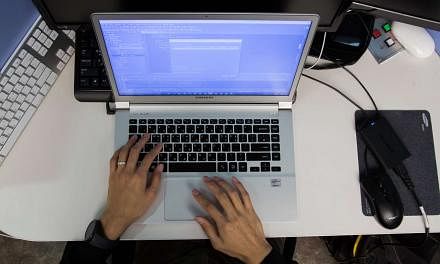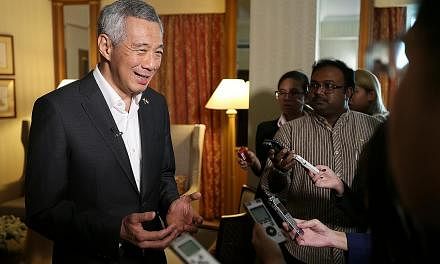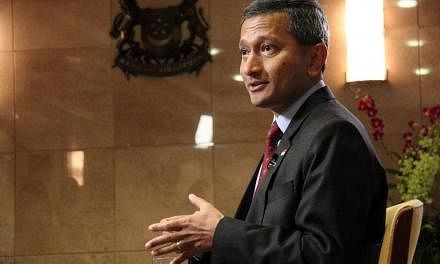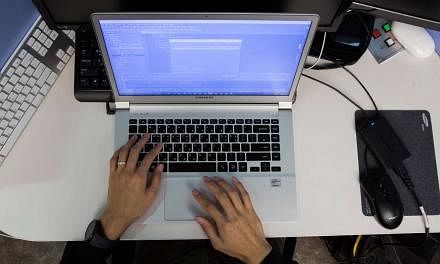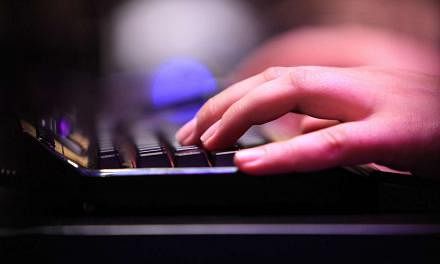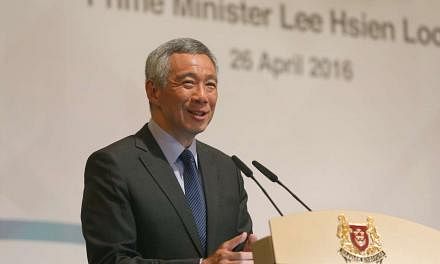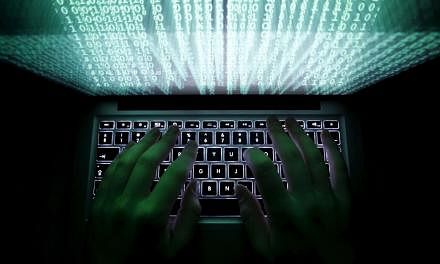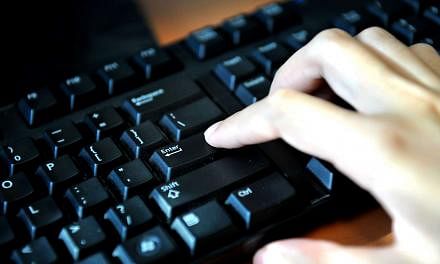The first person to volunteer not to have any direct Internet access on his work computer was Prime Minister Lee Hsien Loong.
He took on the challenge at the beginning of the year after security experts advised that it was necessary to shield the public sector's IT systems from cyber attacks.
Relating his experience yesterday to reporters in Myanmar, where he is on an official visit, PM Lee said: "It's a nuisance, it takes some getting used to, but you can do it."
Instead, he has two separate systems, one for e-mail and another for Internet browsing.
"So now if I see a link, see an article, what do I do?"
He would "go through the trouble" of copying down the link into a PDF file that he would "send to the other side" - that is, send to his work e-mail.
He would then access his work e-mail and call up the article.
If he wants to share it with his colleagues, he can forward it via e-mail on his work computer.
"I share it with my colleagues on PDF so that they don't have to go through the opposite process, send it all the way back out again and then browse for it."
PM Lee said that he decided to be "volunteer No. 1" in the new approach to fighting cyber attacks, because if he can do it, "then I think there's a chance it can work" and if he could not, then it might not be a workable option.
From next May, civil servants will no longer have direct access to the Internet from their work computers. Instead, they will have to connect to the Web using a separate computer system. They can also surf the Web using their personal mobile devices.
PM Lee, in explaining the move, noted: "We have become completely dependent on our IT systems... and we have to make sure that our system is secure. We can't get infiltrated, data cannot be stolen, somebody can't come in and wipe out your data or cause some other mischief."
He added: "We've decided to do it. Are we happy? I don't think so, because it will slow us down in terms of day-to-day productivity. In terms of security, safety of our systems, safety of our citizens and information concerning them - it's absolutely necessary.
"Otherwise one day you find all your NRIC numbers, addresses and income tax returns for sale on the Internet, one package 10 gigabytes. How will the Government explain?"
He said that other ministries, including the Ministry of Foreign Affairs and the Ministry of Defence, already operate in this way.
"For the officers who need to do Internet surfing and track what's happening in the world - MCI (Ministry of Communications and Information) particularly, but others too - they'll have two computers and they'll have to work like that," he added.
